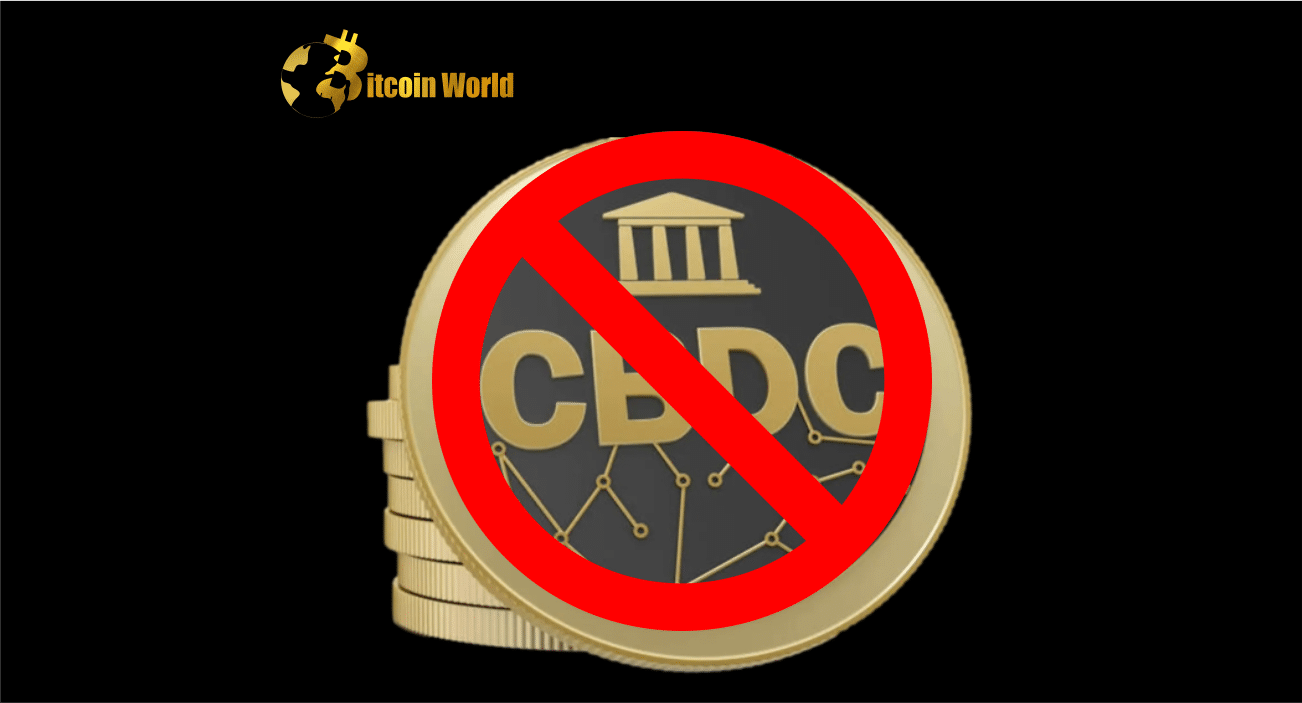Florida Governor Ron DeSantis has suggested legislation to safeguard residents from the possible risks associated with a central bank digital currency (CBDC) and the enhanced government surveillance that may accompany it.
Governor DeSantis has highlighted his concerns about the potential risks of a central bank digital money, including as increased government surveillance and the loss of individual privacy.
Furthermore, he has suggested that the usage of CBDCs could jeopardize the financial system’s stability and lead to inflation. He stated that today’s announcement will protect Florida consumers and businesses against the hasty adoption of a “centralized digital dollar,” which will impede innovation and encourage government-sanctioned surveillance.
Governor DeSantis’ proposed legislation is the latest example of states taking action to offset perceived federal threats in reaction to the probable issue of a CBDC. Other states, including Wyoming and Texas, have taken action to protect similar assets by 2021.
Texas approved legislation in May 2021 prohibiting government agencies from requiring individuals to give identifying information in order to access or use digital currency. Furthermore, the law bans the government from seizing digital currency unless they are tied to criminal investigations.
Similarly, Wyoming approved legislation in March 2021 recognizing digital currencies as property and establishing a legal framework for their ownership and use. This law also includes restrictions to protect user privacy, such as barring the disclosure of personal information concerning digital currency transactions.
The acts made by Texas and Wyoming are comparable to what Governor DeSantis hopes to achieve in Florida, which is in contradiction to President Joe Biden’s executive order issued in 2022. According to Reuters, this decision directs the government to assess the benefits and drawbacks of adopting a central bank digital currency.
A nationally sanctioned CBDC, as envisioned by the Biden administration, would limit the role of community banks and credit unions in the U.S. financial system, according to DeSantis’ proposal. This is due to the fact that CBDCs would be a direct obligation of the federal government rather than a chartered financial institution, potentially limiting market lending power. He said that, unlike decentralized digital currencies, CBDCs are directly controlled and issued by the government to consumers, providing government bureaucrats the ability to view all consumer activity and the right to deny consumers access to goods and services.
Governor DeSantis’ proposed law could be influenced by political concerns as much as consumer data protection. While he has not formally declared his candidacy for the Republican presidential nomination, DeSantis is widely regarded as one of the GOP’s top contenders, alongside former President Donald Trump. According to CNN, the campaign could be between the two conservative leaders.















